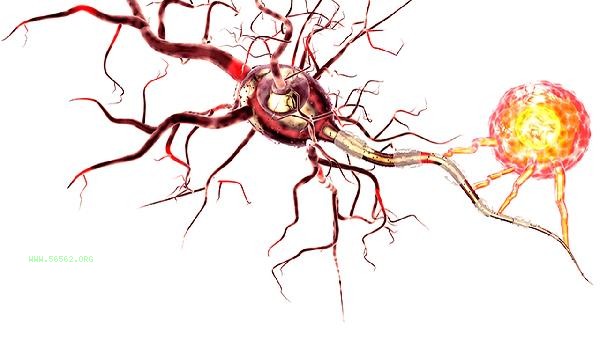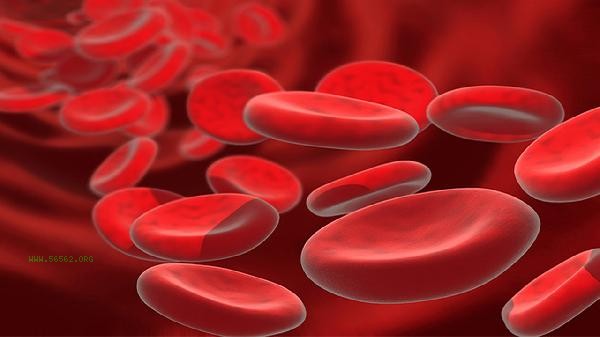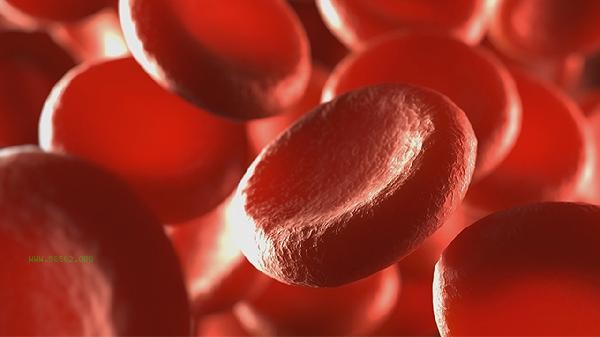Elevated eosinophil count may be caused by allergic reactions, chronic inflammation, myeloproliferative disorders, endocrine disorders, or drug factors.
1. Allergic reactions:

When the body comes into contact with allergens such as pollen, dust mites, or specific foods, eosinophils release mediators such as histamine to participate in the immune response. Allergic rhinitis, urticaria and other diseases are often accompanied by an increase in this indicator, usually accompanied by symptoms such as skin itching and sneezing. After being released from allergens, the values can gradually return to normal.
2. Chronic inflammation:
Chronic inflammatory diseases such as rheumatoid arthritis and ulcerative colitis can stimulate bone marrow hematopoietic dysfunction. Inflammatory factors continuously activate the immune system, leading to accelerated differentiation and proliferation of eosinophils. This type of situation is often accompanied by a synchronous increase in inflammatory indicators such as C-reactive protein and erythrocyte sedimentation rate. 3. Bone marrow proliferative diseases: Hematopoietic system diseases such as polycythemia vera and chronic myeloid leukemia can directly cause abnormal proliferation of eosinophils. Bone marrow puncture examination shows pathological hematopoiesis of granulocytes, and patients may experience systemic symptoms such as splenomegaly and night sweats. A clear diagnosis needs to be made through genetic testing.
4. Endocrine disorders:

Endocrine diseases such as hypothyroidism and adrenal insufficiency can disrupt immune regulatory mechanisms. Abnormal hormone levels may affect the process of granulocyte apoptosis, leading to prolonged retention time of eosinophils in peripheral blood, usually accompanied by decreased basal metabolic rate, fatigue, and other manifestations.
5. Drug factors:
Long term use of estrogen preparations, glucocorticoids, or certain anti-tumor drugs may interfere with the regulation of granulocyte production. Drug metabolites may directly stimulate the release of eosinophils from the bone marrow, and the indicators may naturally decline 2-4 weeks after discontinuation of the drug. When high levels of eosinophils are found, blood routine should be rechecked to rule out detection errors. Daily exposure to known allergens should be avoided, and maintaining a low-fat, high fiber diet can help reduce inflammatory reactions. It is recommended to undergo specialized examinations such as allergen screening and thyroid function testing. Patients with myeloproliferative diseases should regularly monitor blood count changes, and low-intensity activities such as yoga and swimming are recommended for exercise. Patients with persistent abnormalities need to be further evaluated in conjunction with bone marrow biopsy and other procedures.










Comments (0)
Leave a Comment
No comments yet
Be the first to share your thoughts!